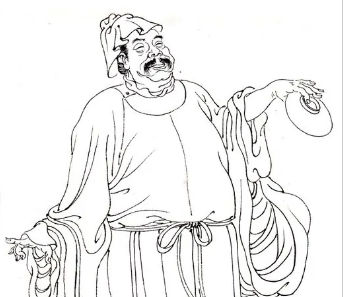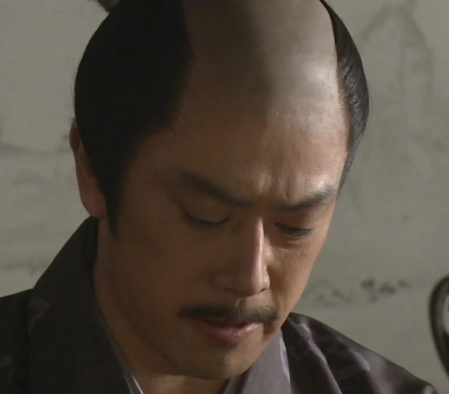When we look back at history, it is not difficult to find that each era has its unique pace of life. In the Qing Dynasty, the daily lives of officials were constrained by strict rules and time schedules. This article will explore the rising and working hours of Qing Dynasty officials, as well as the cultural significance behind it.

I. The life rhythm and work schedule of Qing Dynasty officials
In the Qing Dynasty, the life rhythm of officials was strictly regulated. They usually got up at the break of dawn, which was about 5 a.m. now. This was a sign of starting work for the day and a way for them to show their sense of responsibility and professionalism.
II. The importance of punctuality and time schedule
After getting up, officials would wash up, have breakfast, and then start preparing for work. In the Qing Dynasty, the time for officials to go to work was called "Dian Mao", which was usually between 7 a.m. and 9 a.m. This was the time when the government agencies of the Qing Dynasty began to handle official business, and also the time for officials to start dealing with official matters.
III. The work content and daily responsibilities of Qing Dynasty officials
As managers of the country, the responsibilities of Qing Dynasty officials were heavy and diverse. They needed to handle various government affairs, such as tax collection, law enforcement, public works, etc. In addition, they also needed to participate in various meetings and ceremonies, as well as receive visiting members of the public. These jobs required not only rich knowledge and experience, but also a high degree of concentration and professionalism.
IV. The daily life and cultural background of Qing Dynasty officials
The daily life of Qing Dynasty officials was full of strict rules and discipline. Their every move was watched by the court and society. This way of life not only reflected the importance attached to discipline and rules in Qing Dynasty society, but also reflected the officials' profound understanding of their duties and responsibilities.
Conclusion:
The daily life of Qing Dynasty officials was full of regularity and discipline. They got up early, went to work on time, and fulfilled their duties with a high sense of responsibility and professionalism. This way of life not only reflected the cultural characteristics of Qing Dynasty society, but also provided us with valuable historical reference today.
Disclaimer: The above content is sourced from the internet and the copyright belongs to the original author. If there is any infringement of your original copyright, please inform us and we will delete the relevant content as soon as possible.






























